Dispatch: A Silent Conversation
In her dispatch from the ‘Our Many Easts’ summer school, Anela Dumonjić reflects on what solidarity means for her. The contribution includes an introductory text and a series of notes taken during ‘a silent conversation’.
Solidarity is amongst the core mechanisms through which humankind has managed to persevere for millenia; the proof for this isn’t necessarily to be found solely in our ancestors, but in ourselves as well. Humans’ very existence is testimony to those who came before, their struggles, their resistance and their desires. And yet, despite it being profoundly embodied and constitutive of thinking subjects, there is no broadly agreed understanding of what it means, what it does and ultimately, how radical it is (supposed to be).
Today, holding space for multitudes feels vital. Post- and decolonial praxis have deconstructed singularity and arbitrary authority. The original (reliably) knowing subject, namely the ‘rational’ entity – always white, always male, always powerful – has, since the Enlightenment violently imposed its values on the world. Perpetuating the methodology of the oppressor will never create alternative, humane ecosystems of being, or, as Audre Lorde succinctly put it, the master’s tools will never dismantle the master’s house. The notion of identity as something one has, instead of something one does, needs to be dismantled. Identities are processes, which are activated, fluid and contextual. This conceptualisation discards its fixed quality, undoing the idea that solely because one is oppressed on the account of one axis of identity, one cannot oppress others through other axes of recognition. All lives exist at the intersections of oppressions and privileges and all experiences are multidimensional. It mustn’t be forgotten that the need for historical accountability and responsibility is nothing less than ever-present, too.
Taking ontological complexity into consideration, how to deal/engage with the epistemic gap between subjects? Whom to learn from? Whom to learn with? Where is the willingness to unlearn and relearn situated? Is it intertwined with fear and punishment? Or is it embedded into the assemblage of love and care? What desires generate the knowledge people seek? What futures to struggle for? What affective developments take place during an encounter between subjects, whose premises and purposes don’t resonate?
The extent of what solidarity actually entails is as ambivalent as ever. The exercise of measuring its (potential? ultimate?) radicality needs to be problematised. However at the same time it is impossible to escape the all-encompassing neoliberal paradigm, with its sickening individualism and supremacy of comfort. The question of how radical should/could/must solidarity be has long been the target of critique, perhaps the aim wasn’t to defang resistance. Some slight relief can be found in the fact that the discursive register only matters so much, as the necropolitical apparatus continues to extend its brutality and dehumanisation.
Solidarity, to me, means only that which unfolds on the ground. To see another as vital for one’s own existence means to abolish all systems of power that prescribe different values to different lives. Although a system of binaries can often be catastrophic, solidarity is one of the very few spheres in which it makes sense – either one is committed to life, or one is committed to death. Even within this seemingly (for some ‘limited’) framework, there are countless ways of thinking and enacting solidarity. What is clear is that solidarity can never be selective, fragmented or disingenuous. All lifeforms are profoundly interconnected and dependent on each other. Humankind marks no exception to this, only in its extractivist disregard for other species, originating in colonial fantasies of unrooting the Human (the ‘rational’ subject, created to rule) from Nature (the ‘rest,’ created to be ruled). Or, to use the words of Maya Angelou, none of us are free until all of us are free.
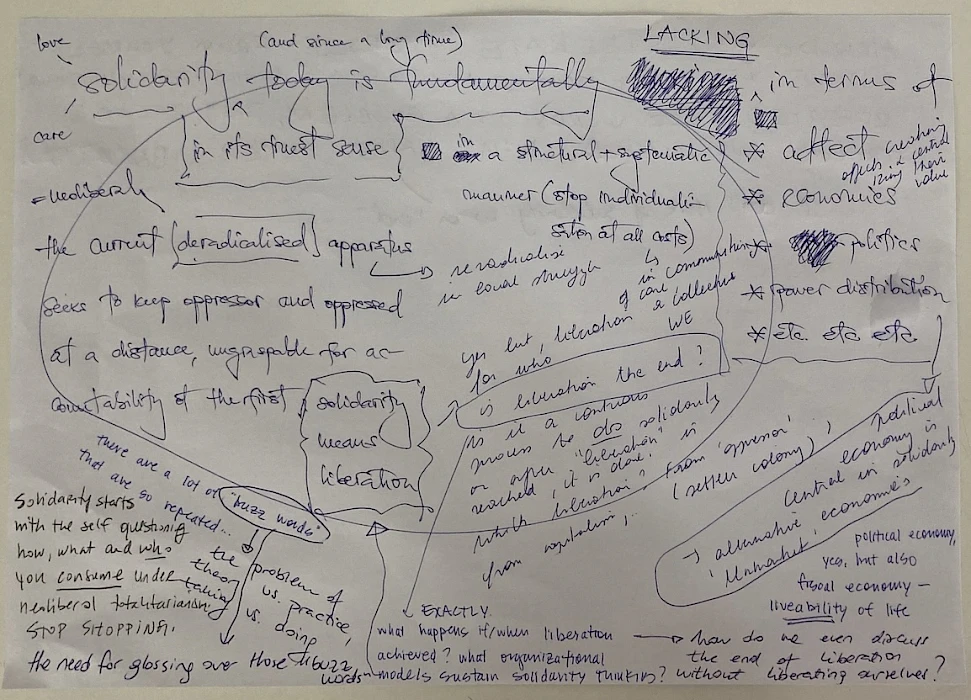
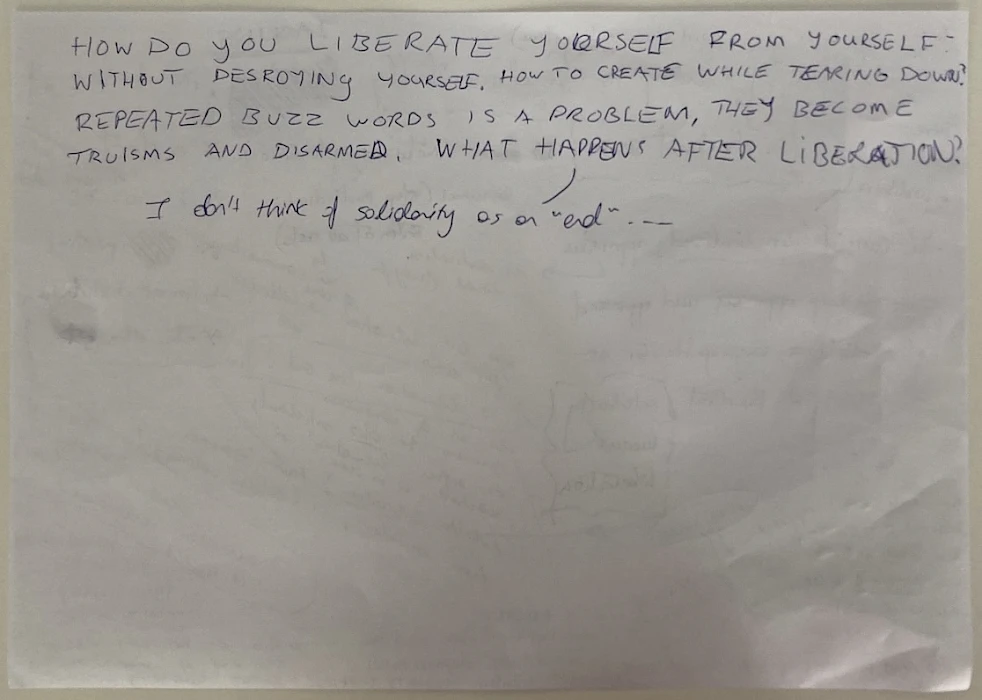

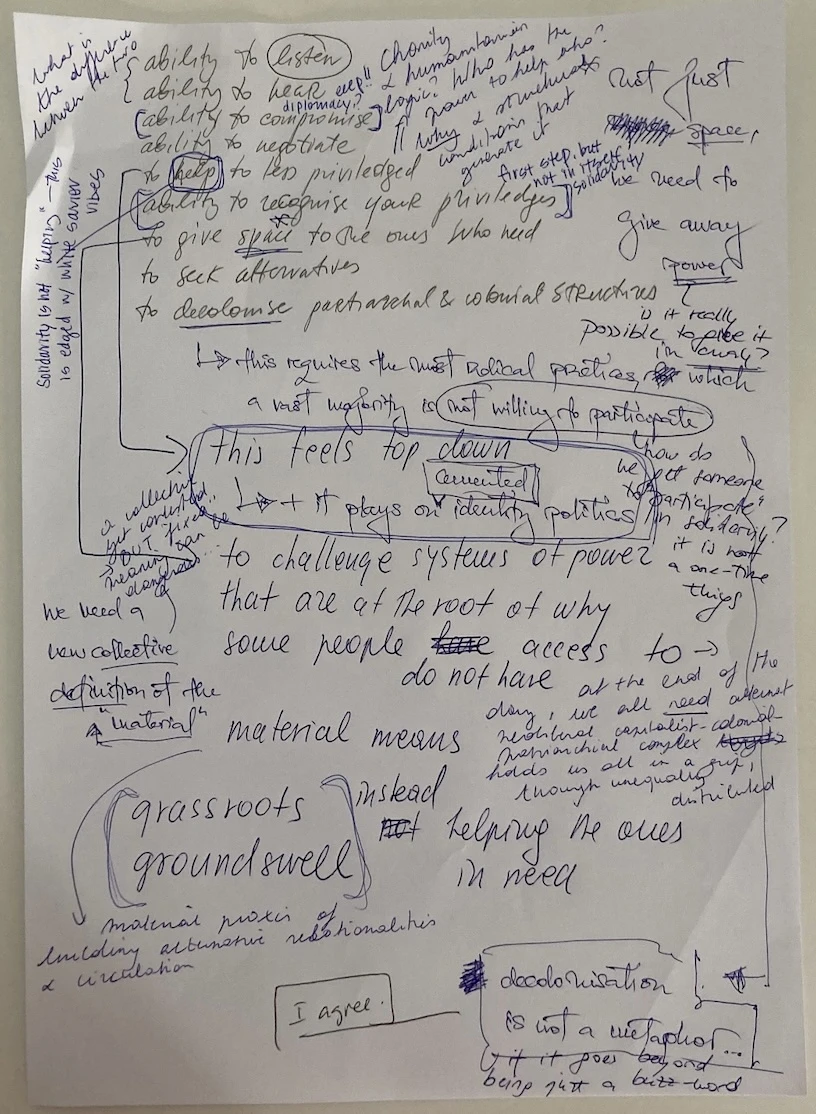
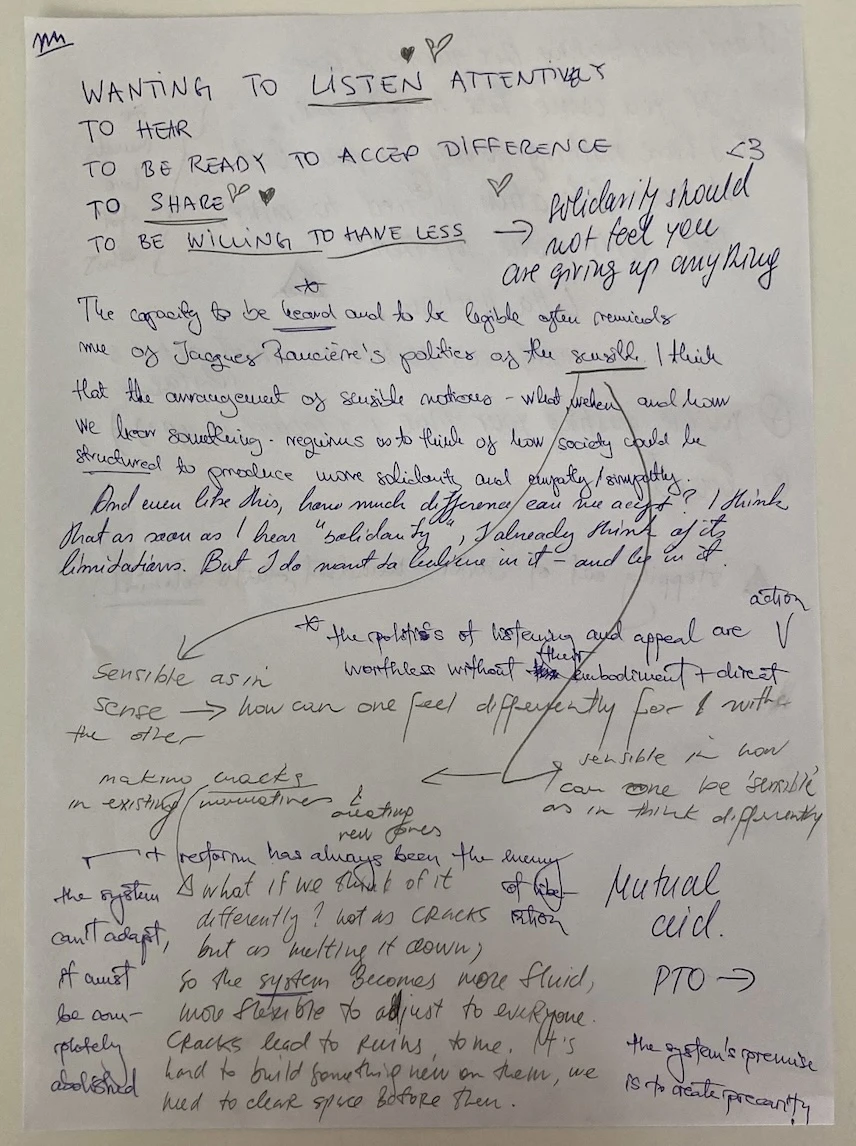
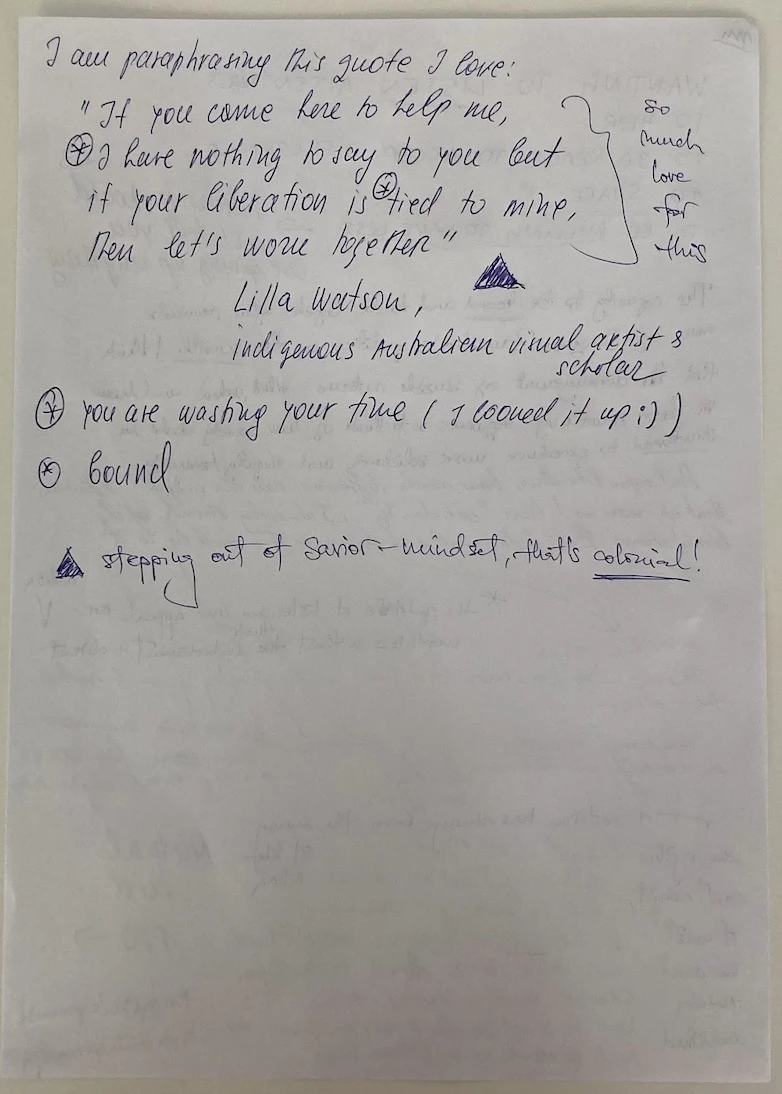
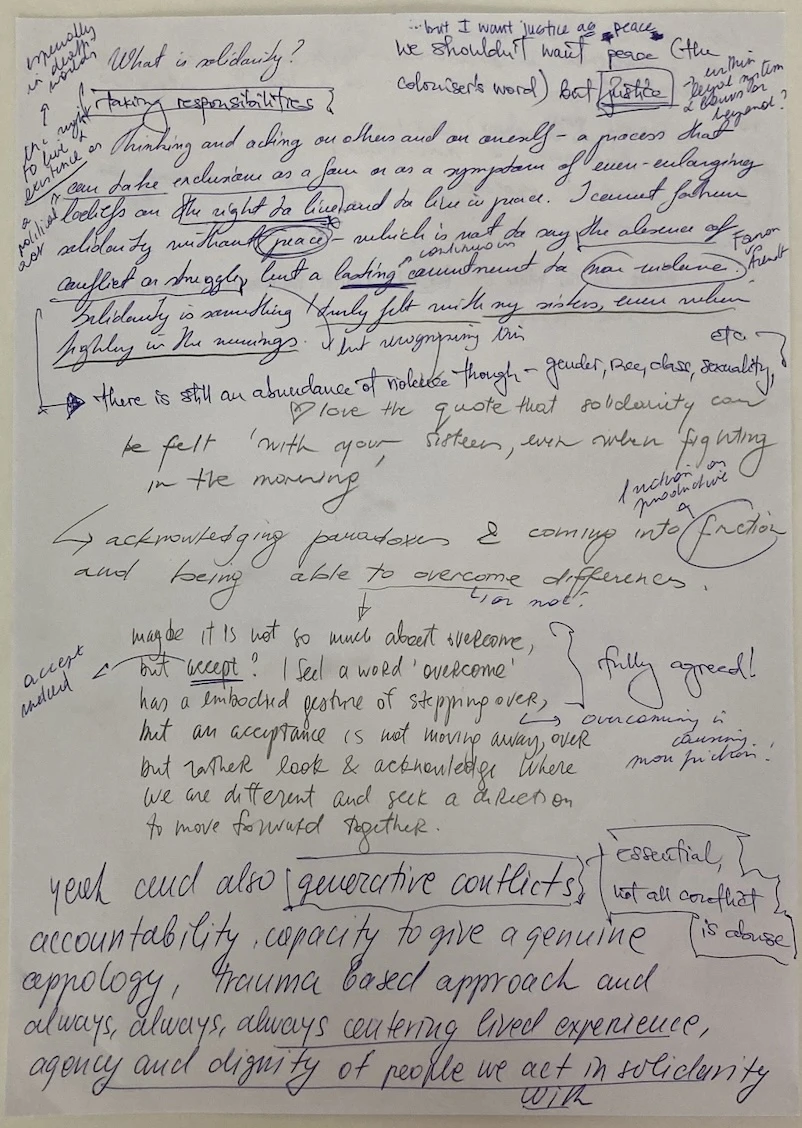
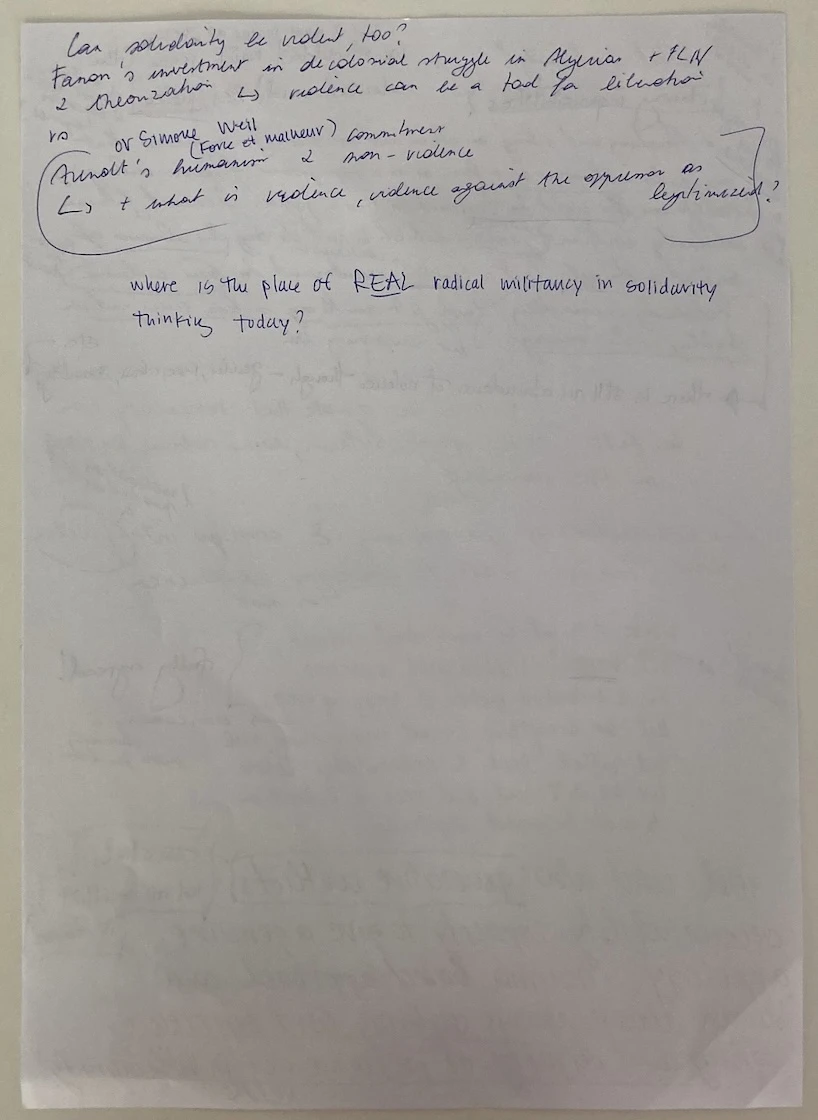
Related activities
- MACBA
The Open Kitchen. Map of edible tensions
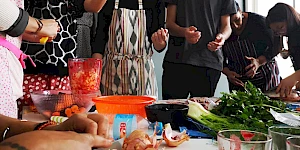
with Marina Monsonís, Paisanaje and Ruralitzem
The MACBA Kitchen is a working group situated against the backdrop of ecosocial crisis. Participants in the group aim to highlight the importance of intuitively imagining an ecofeminist kitchen, and take a particular interest in the wisdom of individuals, projects and experiences that work with dislocated knowledge in relation to food sovereignty. - –Moderna galerijaZRC SAZU
Summer School: Our Many Easts
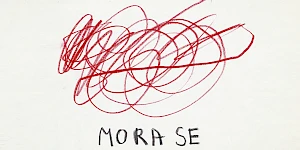
Our Many Easts summer school is organised by Moderna galerija in Ljubljana in partnership with ZRC SAZU (the Research Centre of the Slovenian Academy of Sciences and Arts) as part of the L’Internationale project Museum of the Commons.
Related contributions and publications
Editorial: Towards Collective Study in Times of Emergency
L’Internationale Online Editorial BoardTowards Collective Study in Times of EmergencyStatements and editorialsPast in the PresentEN es sl tr ar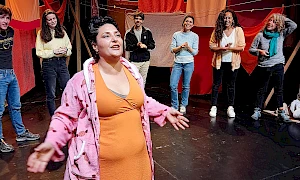
Naming a Collective Cause in a Foreign Land
Dagmary Olívar Graterol, Paola de la Vega VelasteguiSituated OrganizationsMuseo Reina SofiaEN es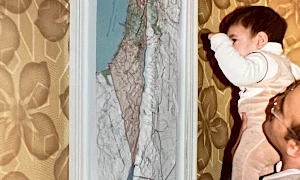
Until Liberation I: Learning Palestine
Learning Palestine GroupTowards Collective Study in Times of EmergencyPast in the Present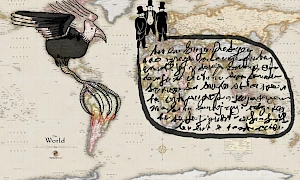
Troubles with the East(s)
Bojana PiškurTowards Collective Study in Times of EmergencyPast in the Present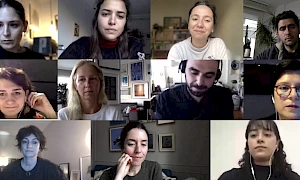
Omuz: A Solidarity Network
OMUZSALT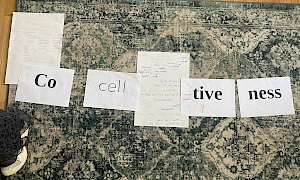
Dispatch: ‘I don't believe in revolution, but sometimes I get in the spirit.’
Megan HoetgerPast in the Present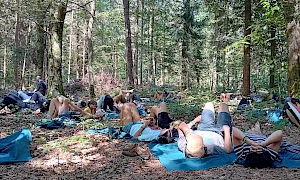
Dispatch: Notes on (de)growth from the fragments of Yugoslavia's former alliances
Ava ZevopPast in the Present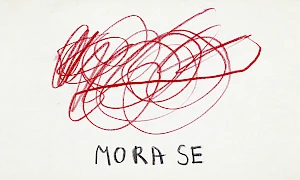
Reading list - Summer School: Our Many Easts
Summer School - Our Many EastsPast in the PresentModerna galerija